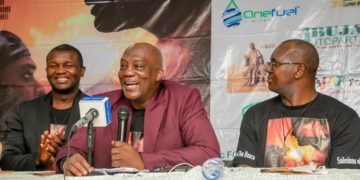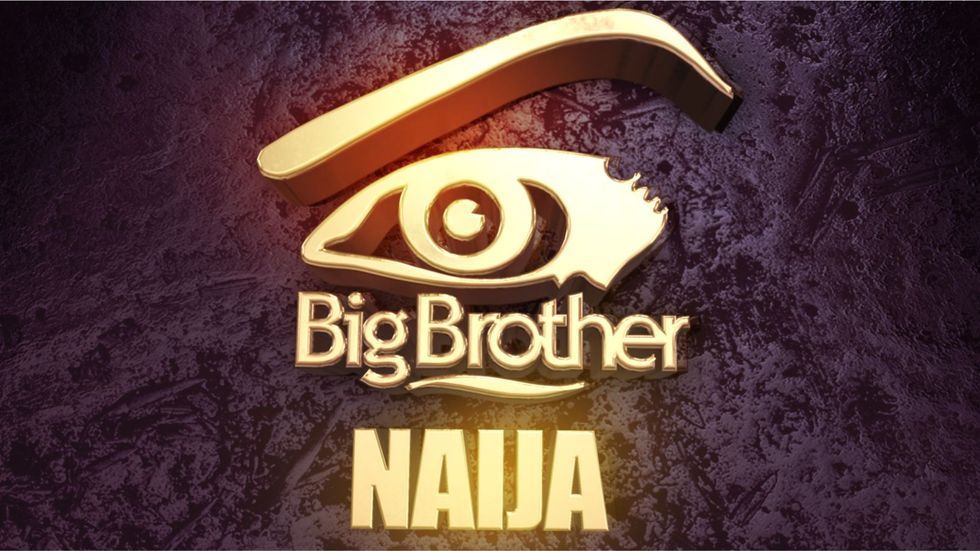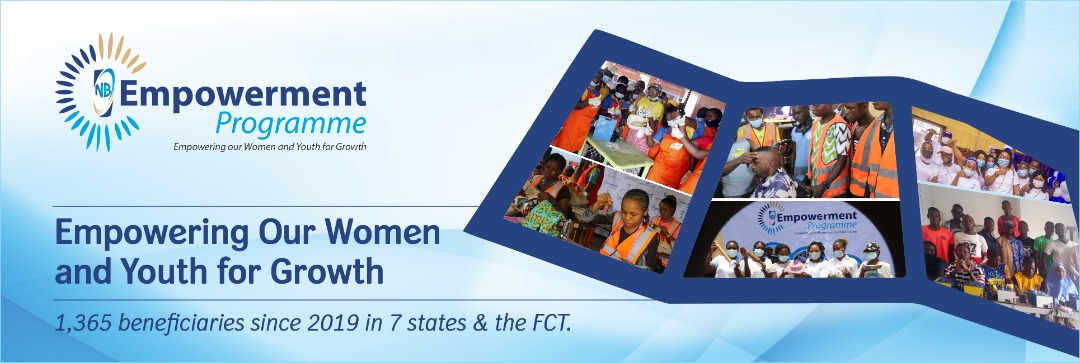By Suleiman Idris, Abuja
Ibrahim Magu, Acting Chairman of the Economic and Financial Crimes Commission (EFCC) says corruption in Nigeria has become cancerous as it has defied efforts by government and its anti-graft agencies to eradicate it.
“Corruption in Nigeria is cancerous and has defied every effort at eradicating it while making the country a laughing stock in the committee of nations,” says Magu.
He spoke on Monday at the 68th General Assembly of the Broadcasting Organisations of Nigeria, which had the theme, ‘The Nigerian Media and The War Against Corruption’ where he also lamented that “Poverty in the midst of wealth is the paradox of our existence, and corruption is the culprit.”
He blamed corruption for a majority of the country’s problems.
“We have never been in doubt that checking corruption is the fast way to escape from poverty and squalor. This is the reason why successive administrations make the fight against corruption a priority programme. But success in the endeavour has been mixed,” he said.
While noting that some Nigerians are content blaming successive regimes for lacking the will to tackle corruption, Magu argued that the majority of citizens share in the blame.
“As citizens and professionals, we have roles to play. The question is; how effectively have we played our roles of helping to fight corruption in Nigeria?
Magu in his appraisal of the theme of the event said it was as apt, timely and evidence that “the media appreciates the fact that the anti-graft war is arguably the most urgent issue in our national agenda”, he challenged the media to better play its role.
He said, “As media practitioners, for instance, how effective have we been in helping to fight corruption? Unlike other professions, the media occupy a unique place in the fight against corruption and impunity in Nigeria.
“As the fourth estate of the realm, the media is the only profession that is constitutionally mandated to hold the nation’s leaders to account. How has the media fared in the discharge of this mandate?
“The roles which the founding fathers of the modern journalism played in the anti-colonial struggles are very well documented. The media was also at the vanguard of the struggle for the liberation of the country from the shackles of military dictatorship.
“But since the return to constitutional democracy in 1999, what has been the experience? As an observer, I will say the experience has been mixed. We have seen flashes of courageous reporting that have strengthened our public accountability architecture even as we also continue to be assailed by pedestrian performance by renegade section of the media involved in cronyism, sycophancy, and outright graft.”

















